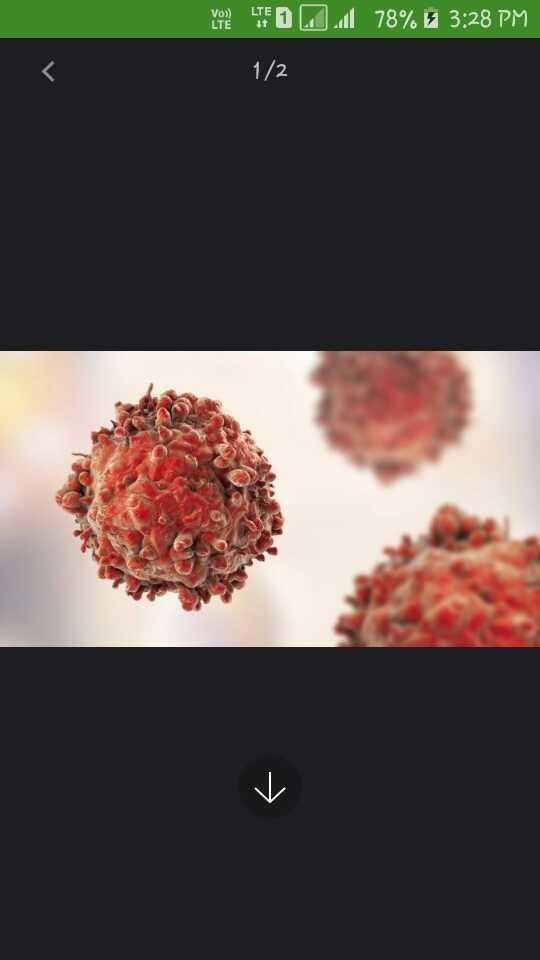BLOOD CANCER
7 Eary sign of blood cancer
 A blood cancer-diagnosis is often treated as a death warrant. But studies suggest that early detection of cancer, triples the chances of survival since the problem can be nipped in the bud before it assumes serious proportions. In addition to this, if the symptoms of the disease are detected and the treatment is started early, patients don't have to endure some of the worst side effects of cancer treatment. This also contributes to the patient's overall convalescence. So from the point of view of treatment and recovery, it is important to watch out for some of the first signs of blood cancer. Haematologist Dr Abhay Bhave from Lilavati Hospital and Research Centre in Bandra West tells us how.
A blood cancer-diagnosis is often treated as a death warrant. But studies suggest that early detection of cancer, triples the chances of survival since the problem can be nipped in the bud before it assumes serious proportions. In addition to this, if the symptoms of the disease are detected and the treatment is started early, patients don't have to endure some of the worst side effects of cancer treatment. This also contributes to the patient's overall convalescence. So from the point of view of treatment and recovery, it is important to watch out for some of the first signs of blood cancer. Haematologist Dr Abhay Bhave from Lilavati Hospital and Research Centre in Bandra West tells us how.
Dr Bhave says, "When it comes to the two types of leukemia, chronic myeloid leukemia (CML) and acute myeloid leukemia (AML), CML may not always be symptomatic. It is usually detected incidentally when the patient undergoes a routine blood or physical examination. Acute myeloid leukemia, on the other hand, presents some symptoms.
Earliest symptoms
Fever - "Fever is one of the earliest signs of leukemia," he says. Elevated body temperature is the reaction of the body fighting the intruding infections. When the body is affected by leukemia, the infection-fighting abilities of the cells goes down severely.
Unexplained bleeding - "Any kind of unexplained bleeding from any of the orifices of the body, such as the mouth, nose, rectum or urethra needs to be checked at the earliest," says Dr Bhave.
Rash, spots or purpura on the body - One of the hallmarks of leukemia is a low platelet count. When there aren't enough of these blood-clotting cells in the body, bruising and bleeding becomes common. Purpura, a purple discolouration, of the skin or mucuous membrane happens when small blood vessels break under the skin due to low platelet count.
Night sweats -Night sweats are episodes of breaking a sweat in the night, when the person wakes up from his sleep drenched. It can happen if the room is well ventilated or cool. It is one of the most telling signs of leukemia, although one doesn't know exactly why it happens.
Fatigue - "The haemoglobin count plummets when the person is suffering from leukemia. Haemoglobin is the component in red blood cells responsible for transporting oxygen. So when there is a dearth of these cells, the person feels more fatigued and breathless than usual," adds Dr Bhave.
Chest pain, swelling of the feet - Constant chest pains and swelling in the feet is commonly seen in leukemia patients with bleeding and clotting issues.
Recurrent infections - Low white blood cell count deprives the body of its warriors that fend off infections. "This leaves the patient susceptible to infections," says Dr Bhave.
For the ones who are already panicking, Dr Bhave has a few words of caution: "Every third person may exhibit some of these symptoms. But they don't necessarily mean that they have leukemia. It warrants attention only if these signs are unexplained and don't respond to treatment.